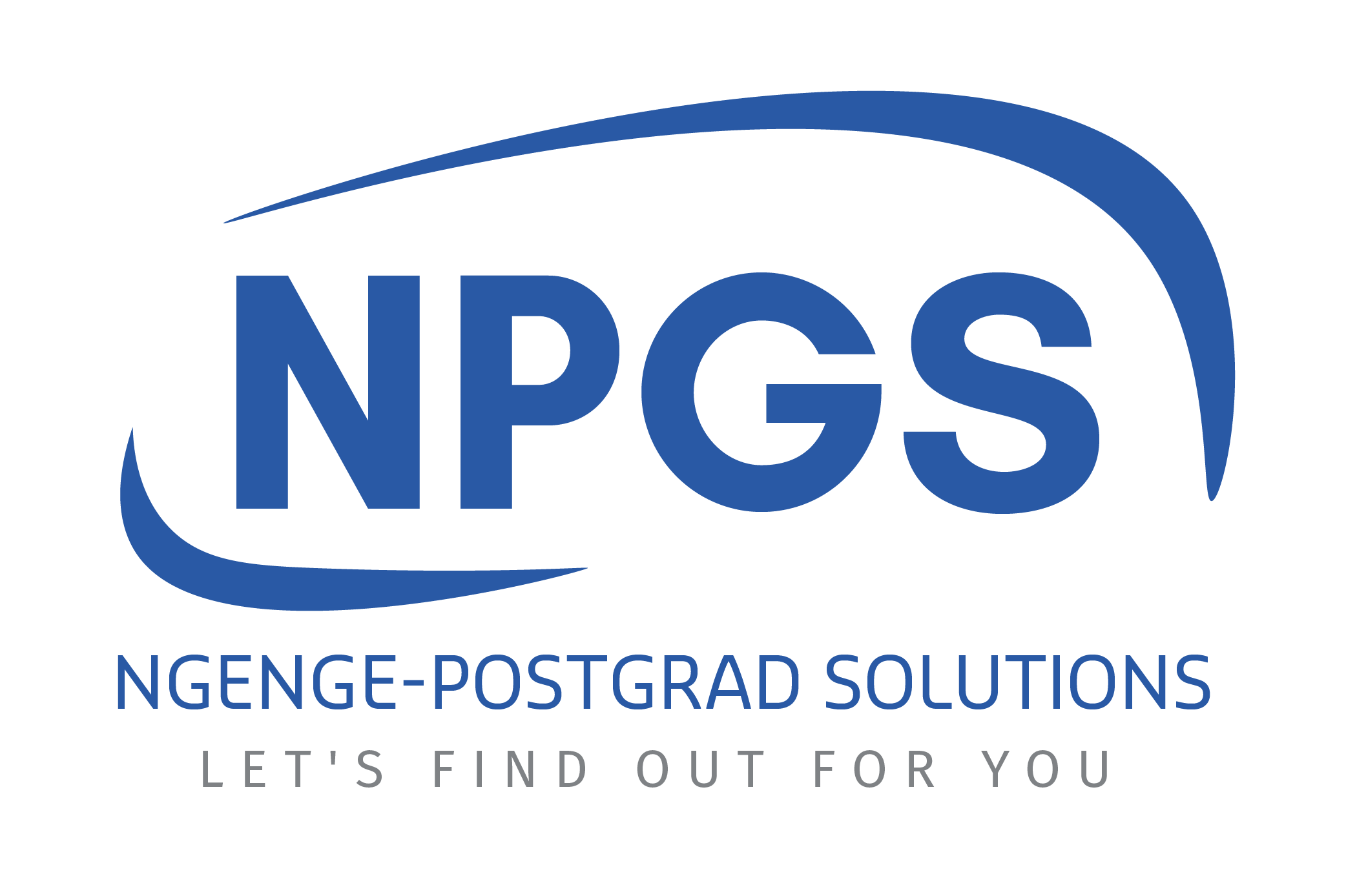Overview
The Social Science Research Council offers fellowships to support the completion of doctoral degrees and to promote next generation social science research in Ghana, Kenya, Nigeria, South Africa, Tanzania, and Uganda. The fellowships support dissertation research on peace, security, and development topics.
The doctoral dissertation completion fellowship supports a one-year leave from teaching and administrative responsibilities through a stipend up to US$10,000 to permit the completion of a dissertation that advances research on peace, security, and development topics. This program also offers two workshops each year to help fellows further develop their chapters and complete the writing of their doctoral dissertations. Facilitators at the workshops help strengthen the capacity of fellows for scholarly writing, including academic publications.
Eligibility:
All applicants must:
- be citizens of any sub-Saharan African country
- be enrolled and working towards a PhD in an accredited university, or affiliated to an institution in Ghana, Kenya, Nigeria, South Africa, Tanzania, or Uganda
- be in the final year of writing and have completed at least two doctoral dissertation chapters
As of May 2015, the program prioritizes applicants holding a faculty position or demonstrating a durable commitment to higher education in Africa, but does not restrict eligibility to such individuals.
The program seeks to promote diversity and encourages women to apply.
Thematic Priorities:
The program features a thematic focus on peace, security, and development in order to renew basic research agendas and strengthen interdisciplinary social science research capacity addressing these issues.
The program encourages innovative research on peace, security, and development topics, moving the boundaries of scholarship and research by exploring concrete linkages between these themes. We envision supporting a diverse set of projects that shed light on a range of economic, political, social, conflict and peacebuilding processes using evidence-based research.
Some projects, we hope, will examine large-scale phenomena and others small-scale social processes. The strongest projects typically will explore connections across these scales. Some research projects will rigorously explore elements of governance, civil society, human rights, peacebuilding mechanisms/institutions and processes, justice, and rule of law. Others will explore the root causes of conflict, human insecurity, emerging trajectories and forms of conflict, insecurities, and human mobilities. Above all projects should advance important fields of study and social science knowledge.
Please see the following list of prospective issues that are considered relevant to Next Gen fellowships:
- Causes and drivers of conflict
- Institutional and local approaches to conflict prevention, management, and resolution
- National and Regional approaches to peace, security, and development
- Identity and conflict
- Gender, youth, conflict, and peacebuilding
- Conflict, peace and human mobilities
- Histories, Arts and Cultures of conflict and peace
- State-Society relations
- Economic and Humanitarian perspectives to conflict and peace
- Democracy, human rights, and development
- Post-conflict development, governance, and reconstruction
- Peace agreements and transitional justice and reconciliation
- International justice, war crimes, peace and development
- Law and constitutionalism
- Natural resource governance and development
- Climate Change, conflict, peace, and security
- Climate change adaptation and mitigation practices and peace
- Globalization and emerging insecurities
- Peace education and African literatures
- Media, digital technology, AI, peace, and security





